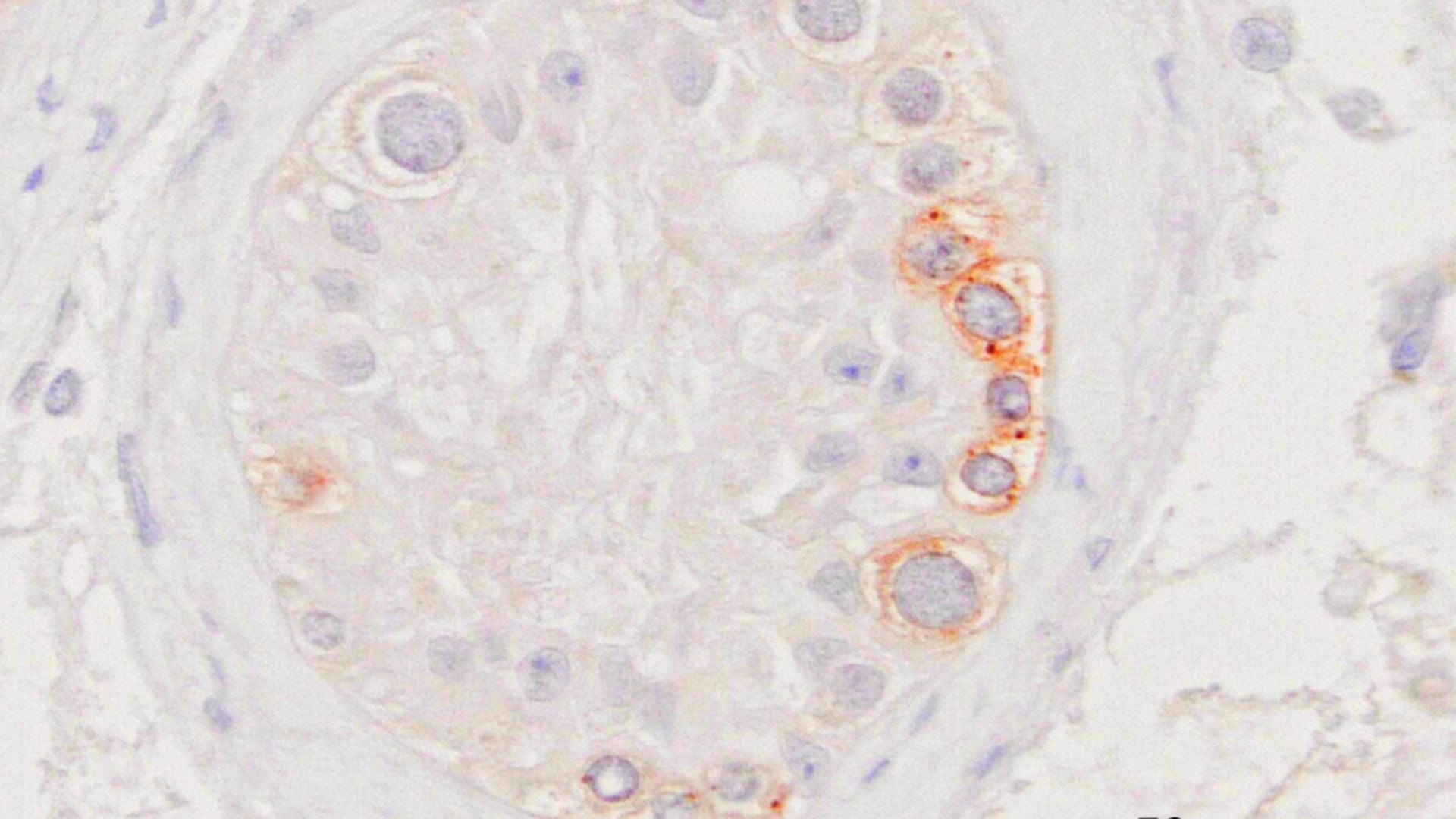
A team of researchers has uncovered a breakthrough in understanding male infertility, shedding light on previously unexplained cases of severe reproductive challenges. Through genetic analysis, they identified a pair of genes, SPOCD1 and C19orf84, working together to safeguard male fertility.
Mutations in SPOCD1 were found to disrupt the early development of healthy sperm, while its partnership with C19orf84 shields germ cells from damage. This revelation offers hope for addressing some of the most profound forms of male infertility and suggests the potential for expanded genetic screening to identify rare mutations.
According to the team at the University of Edinburgh, the implications of this discovery extend beyond individual cases, promising insights into broader mechanisms underlying male reproductive health. By delving into the complex relationship of genes crucial for fertility, researchers aim to pave the way for improved diagnostic tools and targeted interventions in reproductive medicine.
The details of the team's research were published in the journal Molecular Cell.
Crucial development
Statistics suggest that approximately 1 percent of men grapple with cryptozoospermia and azoospermia, conditions characterized by minimal or absent sperm production. The etiology remains elusive in nearly half of these cases, though genetic factors have long been implicated.
The vulnerability of sperm cells commences early in their development, during the embryonic stage, when germ cells undergo crucial maturation processes. Safeguarding their DNA integrity during this critical period is paramount, as it determines their ability to generate healthy sperm throughout adulthood.
Earlier investigations by the research team demonstrated the pivotal role of SPOCD1 in shielding germ cells in male mice, raising questions about its relevance in human reproductive biology. Clarifying whether analogous mechanisms operate in humans represents a pivotal step toward comprehending the genetic underpinnings of male infertility and devising targeted interventions to address these complex reproductive challenges, according to researchers.
Genetic insights
Collaborating with the University of Munster and other institutions, University of Edinburgh scientists conducted a comprehensive genetic screening involving 2913 men to investigate infertility. Among them, three individuals harbored defective versions of the SPOCD1 gene, impairing germ cell function and leading to infertility.

Germ cells, crucial for transmitting genetic information across generations, are vulnerable to damage from jumping genes during their developmental reprogramming phase. Protective mechanisms involving DNA methylations, facilitated by SPOCD1, were discovered in a prior mouse study. Men with mutated SPOCD1 genes exhibited severe forms of infertility like azoospermia and cryptozoospermia.
The investigation unveiled a novel partner gene, C19orf84, collaborating with SPOCD1 to fortify early sperm cells against genetic damage. Both genes were pivotal in recruiting protective tags to silence jumping genes during sperm cell development in mouse embryos. Notably, the reprogramming process wipes existing protective tags from germ cells, leaving them susceptible to damage. According to researchers, C19orf84 functions as a liaison between SPOCD1 and the cell's machinery for producing protective chemical tags, guiding them to neutralize jumping genes before they can harm the genome.
This enhanced understanding, coupled with expanded genetic screening, offers potential insights into the genetic underpinnings of male infertility. The team claims that identifying faulty versions of these genes could elucidate some rare male infertility cases, enabling targeted interventions. The discovery underscores the intricate molecular mechanisms safeguarding germ cell integrity and opens avenues for advancing diagnostics and treatments in reproductive medicine.
"We demonstrate strong evidence for SPOCD1 to be included in genetic screenings of male infertility patients. Providing a genetic diagnosis can help provide closure to affected individuals and potentially prevent unnecessary medical procedures," said Dr Ansgar Zoch, first and co-corresponding author of the study from the University of Edinburgh, in a statement.












